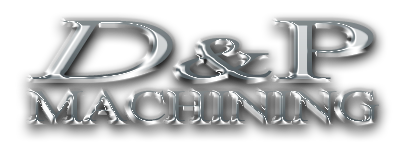In the realm of modern manufacturing and precision engineering, CNC machines play a pivotal role. Computer Numerical Control (CNC) machines are revolutionizing the way we produce intricate components, automate various processes, and enhance efficiency in industries ranging from aerospace to automotive, and beyond. In this essay, we will delve into the world of CNC machines, shedding light on what they are, how they work, their applications, and the transformative impact they have had on various sectors.
What Is a CNC Machine?
At its core, a CNC machine is a sophisticated piece of equipment that operates under the precise guidance of computer programs. It automates the process of cutting, shaping, and assembling materials such as metal, wood, plastic, and composites. The abbreviation “CNC” stands for Computer Numerical Control, indicating that these machines are driven by numerical data input into a computer, which, in turn, controls the machine’s movements.
Key Points to Elaborate:
- Working Principles of CNC Machines:
- CNC machines follow a set of instructions provided in the form of a computer program. These instructions guide the machine’s tools to move, cut, or shape the material in a highly accurate and controlled manner.
- The machine’s movements are driven by motors and gears, ensuring precision and repeatability in the manufacturing process.
- Types of CNC Machines:
- CNC machines come in various forms, each tailored for specific applications. Some common types include CNC milling machines, CNC lathes, CNC routers, and CNC plasma cutters.
- These machines are designed to perform tasks like drilling, turning, milling, engraving, and more, depending on their specific configuration.
- Applications of CNC Machines:
- CNC machines are widely used across industries, from aerospace and automotive manufacturing to healthcare and consumer electronics.
- In aerospace, CNC machining ensures the creation of precise and lightweight components, improving fuel efficiency and safety.
- In the medical field, CNC machines are used to manufacture custom prosthetics, implants, and intricate surgical instruments with unparalleled precision.
- The automotive industry benefits from CNC machining in the production of engine parts, transmissions, and intricate body components.
- Advantages of CNC Machines:
- Precision: CNC machines offer exceptional accuracy, producing components with minimal errors.
- Efficiency: They operate continuously, reducing production time and labor costs.
- Complex Shapes: CNC machines can create intricate and complex shapes that are difficult to achieve through manual processes.
- Consistency: Each product is consistent in quality, as the machines follow the exact same instructions for every iteration.
- Future of CNC Machines:
- Advancements in automation, artificial intelligence, and the integration of sensors are driving the evolution of CNC machines.
- Industry 4.0 principles are being applied to CNC machining, allowing for greater connectivity, data analysis, and predictive maintenance.

